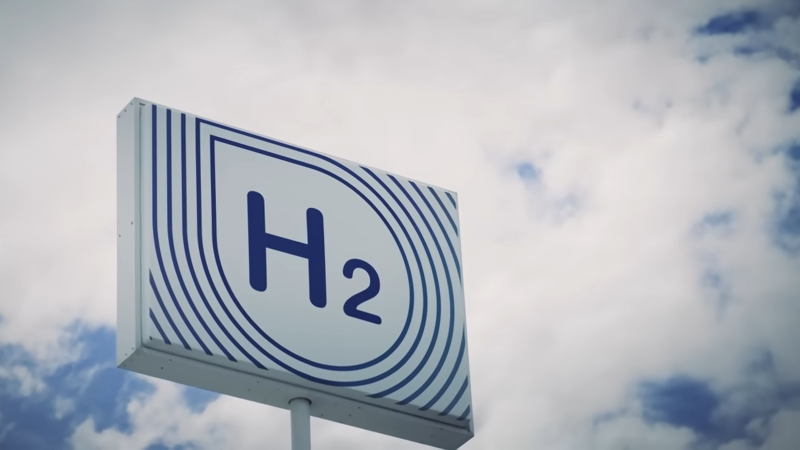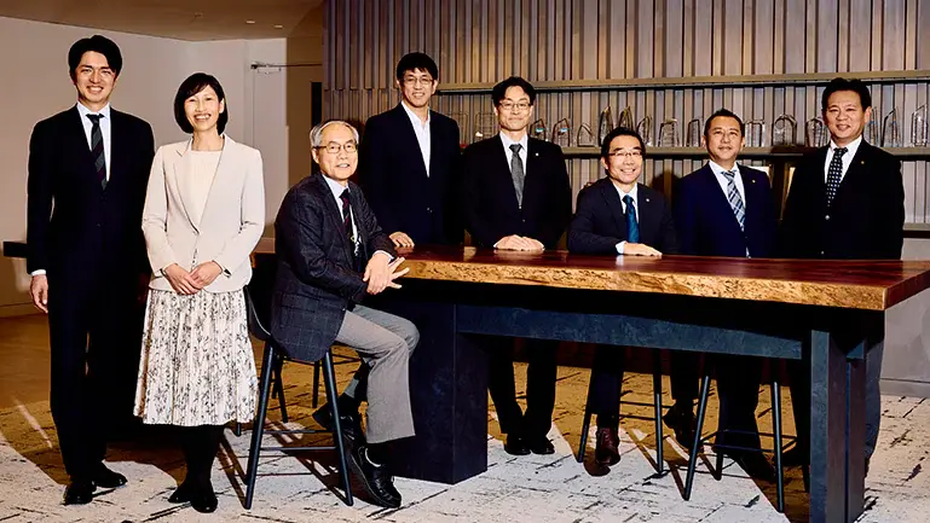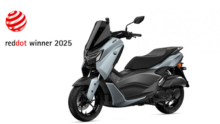Big four Japanese OEMs collaborate on hydrogen technology
Japan’s four big motorcycle makers have formed a group to collaborate on hydrogen technology, according to a report by FuelCellsWorks.com. This consortium includes engineers and academics from Honda, Suzuki, Kawasaki, and Yamaha to achieve carbon-neutral goals and study the multiple pathways to get there. One promising option is using hydrogen internal combustion engine technology for small mobility.

The New Energy and Industrial Technology Development Organization (NEDO) has established a study committee chaired by Professor Emeritus Masahiro Shioji of Kyoto University and joined by Hiroya Ueda, Satoshi Ichi, Yoshinari Ninomiya, and Akitoshi Nakajima of the Hydrogen Small Mobility Engine Research Association (HySE), a technical research association to develop hydrogen internal combustion engine technology for small mobility, such as motorcycles and scooters. The report notes that the committee is analyzing this technology, identifying issues, and examining solutions.
Dr. Shioji and representatives of NEDO and the Hydrogen Small Mobility Engine Research Association (HySE) are working together to establish design guidelines for small mobility vehicles equipped with hydrogen engines.

Hiroya Ueda (Honda), Satoshi Ichi (Kawasaki), Yoshinari Ninomiya (Suzuki), Akitoshi Nakajima (Yamaha), along with other members from PwC Consulting and Kyoto University, make up the committee members.
Yusuke Kikuchi, Senior Manager, PwC Consulting LLC, says: “There is a limit to how much individual companies can solve to address climate change and energy transitions… I would like to deepen discussions on the importance of multi-stakeholder cooperation for the realization of a hydrogen-based society and the ideal state for the future.”

Mr. Ueda (Honda), comments: “When we launched HySE, we clearly distinguished between collaborative and competitive areas. ‘Tool manufacturing,’ which is the foundation of technological development, is the area of cooperation, and the method of utilization and application development are the areas of competition. This creates a better competitive environment, and as a result, the industry develops.”
Yamaha and Kawasaki have previously collaborated on hydrogen internal combustion engines, along with Toyota, Subaru, and Mazda, mainly in the form of a proof-of-concept engine that Yamaha produced. ICE engines can be tuned to run on compressed hydrogen. However, the tanks needed are cumbersome and may not have much space in a two-wheel vehicle to offer much range.
The Japanese OEMs seem intent on leading the field for hydrogen, whether for fuel cell use or with internal combustion. Kawasaki also released a concept Ninja H2 with hydrogen tanks last year, but it looks a bit awkward due to the size of the tanks jutting out from the back, like a space vehicle.








